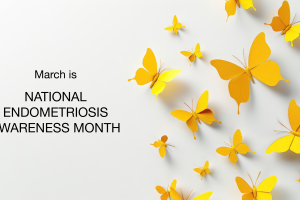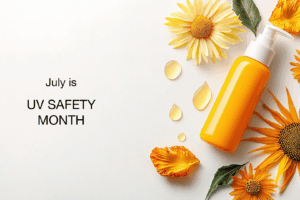During the month of February, we review why dental awareness for children is so important.

Did you know that cavities (also known as caries or tooth decay) are among the most common chronic diseases of childhood in the United States? In fact, according to the American Academy of Pediatric Dentistry, more than 50 percent of children will be affected by tooth decay before age five. In addition, children aged 5 to 19 years from low-income families are twice as likely to have cavities than children from higher-income households. Of course, children affected by poor dental health often miss more school and receive lower grades than children who do not. According to the Office of the Surgeon General, more than 51 million school hours are lost each year to dental-related conditions. So, what can parents do to help their children?
Developing good oral health habits early with regular visits to the dentist helps children get a great start on a lifetime of healthy teeth and gums. In most cases, a child should see a pediatric dentist when their first tooth appears or by their first birthday. During a dental visit, parents can ask about fluoride varnish and sealants. Fluoride varnish can prevent about one-third of cavities in baby teeth. At the same time, dental sealants can also prevent cavities for many years.
Brushing is vital to a child’s dental health. When your child’s teeth come in, start brushing them twice a day with a soft, small‑bristled toothbrush and plain water. Then, as your child grows, help keep their teeth healthy by using the 2-2-2 rule: visit your dentist two times a year, and brush and floss TWO times a day for TWO whole minutes! If your child is racing through cleaning, try setting a timer or help them hum their favorite tune.
Want to get a headstart on your child’s dental health? Call MHEDS to get a dental referral today at 814-453-6229 (Peach Street) or 814-616-7730 (John F. Kennedy Center).
Our health information does not replace the advice of a doctor. Please be advised that this information is made available to assist the public in learning more about their health. MHEDS providers may not see or treat all topics found herein.








